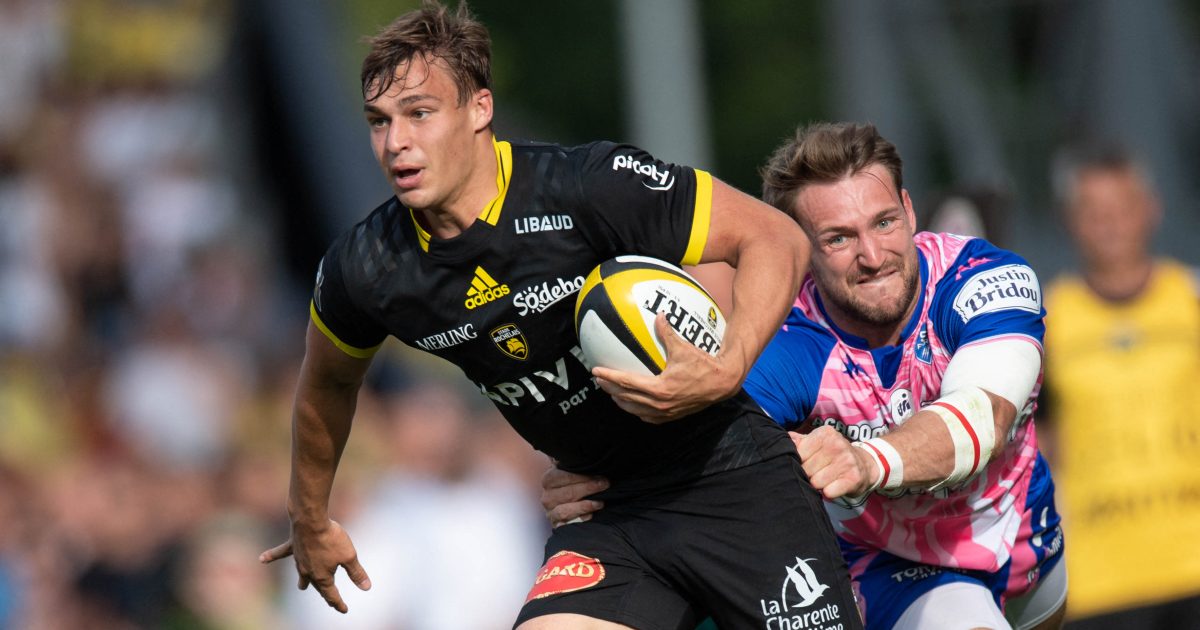Pro D2 : L’international espagnol Martin Alonso Muñoz prêté à Colomiers

Colomiers Rugby ne cache pas sa fierté d’accueillir en ses rangs l’ailier international espagnol Martin Alonso Muñoz (5 sélections), joueur prêté par le RC Vannes.
Né à Valladolid, en Espagne, il y a 24 ans, Martín Alonso se forme au Valladolid Rugby Asociación Club) – l’un des plus grands clubs espagnols de rugby – avant de rejoindre à 16 ans les centres de formation de l’ASM Clermont (où il passe trois saisons dès 2016) puis du Stade rochelais (où il arrive en 2019).
🔥 ???????? : ?????? ?????? ?????? ??????? ????????? ????? ?? ????? !
🤩 Champion de France de @rugbyprod2 en 2024, l’ailier de 24 ans rejoint la Colombe en prêt en provenance de @RugbyClubVannes !
✍️ https://t.co/tI6b4E7Was pic.twitter.com/oZAsFCnm02
— Colomiers Rugby (@ColomiersRugby) November 6, 2024
Après ses premiers matchs en Top 14 avec La Rochelle et une sélection en équipe d’Espagne (2000), il signe en 2023 avec le RC Vannes en Pro D2 pour trois ans, espérant davantage de temps de jeu.
Mais le bonheur de l’un (Vannes est promu en Top 14) fait la déception de l’autre (Munoz n’a toujours pas suffisamment de temps de jeu). D’ailleurs, il n’a pas encore joué cette saison.

Comme son frère Alejandro, il est également septiste (il a disputé 21 matchs sur le World Rugby Sevens Series avec los Leones) et a été convoqué pour les tests de l’Espagne cet automne pour jouer contre l’Uruguay (le 9 novembre), les Fidji (le 16 novembre chez lui à Valladolid) et les États-Unis (le 23 novembre).
Même sans beaucoup jouer, Martin Alonso Muñoz a le don d’être au bon endroit, au bon moment. C’est pourquoi il peut se targuer d’avoir été double champion d’Europe avec La Rochelle avec 23 matchs entre 2020 et 2023, puis champion de France de Pro D2 avec Vannes pour qui il a joué 12 rencontres comme titulaire sur l’ensemble de la saison 2023-2024.














